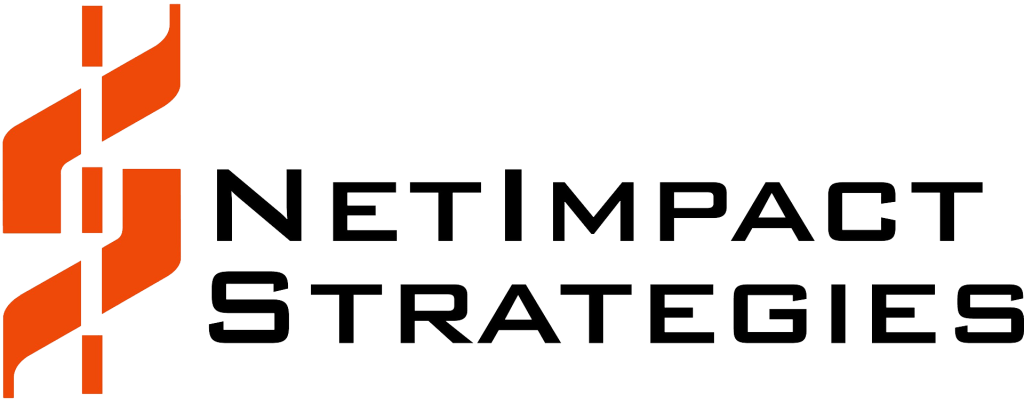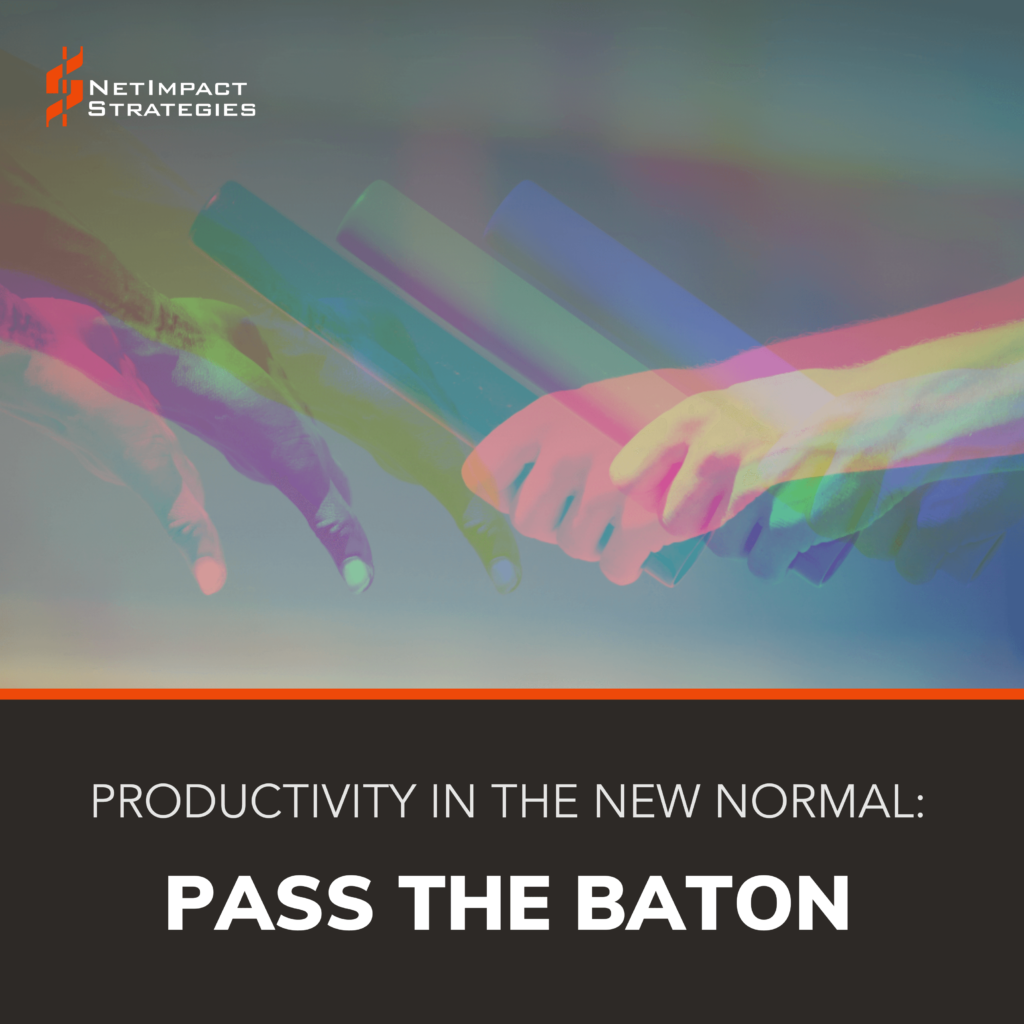As the COVID-19 pandemic enters its 11th month, many of us remain sheltered at home, no longer going to the office or socializing with coworkers. We can argue, however, that we are not in complete isolation. We still have our emails, phone calls, and social media streams. But water cooler talk about our favorite TV reality shows (I mean, can you believe what happened to the Bachelorette’s Claire and Dale!?) is far behind us. We no longer conduct training seminars in conference rooms or join networking groups during happy hour. Instead, our connection with those outside our quarantine bubble has become a ritual of desktop screens and meeting alerts.
Before COVID-19, the US Census Bureau and the Bureau of Labor Statistics reported that 4.7 million people worked remotely. While this number may seem impressive, it accounted for only 3.4% of the US workforce. According to an article in the Stanford News, the number has grown significantly following the onset of COVID, and around 42% of the information economy now works from home. Companies are starting to experience the cost-saving opportunities from not requiring office space and additional administrative overhead and have vowed to continue the at-home trend long after the emergency has passed. This promise is clear evidence that our work culture is changing.
We have always been a social species, and studies show that face-to-face interaction is a critical factor for employees to remain enthusiastic and stay connected. The biggest complaints I hear from managers today are the slowdown in productivity due to lack of participation and the inability to engage in direct problem-solving. Additional evidence shows that we lose valuable non-verbal cues during Zoom calls because of video conferencing’s inherent limitations. For example, studies show that we tend to avoid online eye contact, are often more focused on our appearance than the speaker, and become tired and unresponsive much faster than during face-to-face conversations.
With all of the digital world’s comings and goings, attention seems to be drifting more now than ever. In this new culture, a two-minute verbal request for support suddenly becomes a back-and-forth email chain that a colleague might answer immediately, ignore, or get lost and forgotten amid competing priorities.
Social behavior strongly influences our work culture, and organizational psychologists categorize business attitudes towards employees along a spectrum of either collectivism or individualism. Organizations that stress collectivism place a team’s goals above those of an individual. We can think about it like a football team in which each person has a unique set of responsibilities and duties, and the coach (or boss) calls the plays. On the other hand, businesses that promote individualism focus on individuals’ attitudes and preferences rather than by a collective group. The team still meets its goals but does so by providing the employees the freedom to explore personal ways of completing tasks. So rather than being like a football team with a head coach, organizations promoting individualism operate more like a track meet where workers stay in their own lanes, executing and completing individual accomplishments that drive the team towards its goal.
The problem we face in our new normal is that the concept of a football team and track meet have changed, yet many perform our day-to-day activities as if they haven’t. To reach a collective goal requires communication, and our messages often become distorted during transit. There is a slowdown of process, yet we continue to run the race, thinking that we can win the game if we just follow the right rules. We often forget that with each activity, we must handoff to others who, quite understandably, may not be aware they are the next step in completing our assignment.
My colleagues have expressed this exact type of frustration with phrases like: “we can’t move forward because the supply team is not answering emails,” “we can’t get signoff because the stakeholders don’t understand,” “the staff can’t sign up for training because there are too many conflicts.” All these scenarios, previously resolved with a simple face-to-face meeting, must now take a different format online. What once took perhaps an hour now becomes days and even weeks. Productivity lags, team morale falters, and we are in a perpetual state of waiting, answering, or attempting to understand what we need to do next.
The great news is there are solutions to these issues, and they start with adapting our metaphor of work as a football game or a track meet. In the new world where communication is slower, we need to approach activities more like a relay race in which we receive our assignment, do our work, and then pass the baton to a successor. It means we must pay attention to what is coming our way, how far we need to take it, and who we need to hand it off to once our job is done.
You may be implementing this approach in your organization today, or you may have another metaphor in mind. Whatever the tactic, here are some tips to get you started:
- Define your goals and expectations clearly. If the team does not know what the baton looks like, they won’t know when it arrives or how to pass it along.
- Conduct daily standups to know who holds the goal in question and its current status. At the group level, prevent the discussion from becoming more complicated than it needs to be. The standup’s goal is to understand who owns the baton and where they are in the process.
- Commit to follow-ups so that the current goal owner and the next-in-line are in agreement. We receive requests for our time from various parties all day long, and it’s essential to know which ones matter.
- Use tools to create a virtual to-do list with names, assignments, and status that the chain of participants, from single contributors up to executive leaders, can see on-demand.
- Automate repetitive and time-consuming tasks with workflow tools like Microsoft Power Apps and custom-built Robotic Process Automation applications.
Keeping these principles in mind won’t necessarily solve all the frustrations impacted during this new work era. Still, it may help find a quicker solution if your coworkers lose focus, drop collaboration, or take on too much work that never seems to feel complete.



